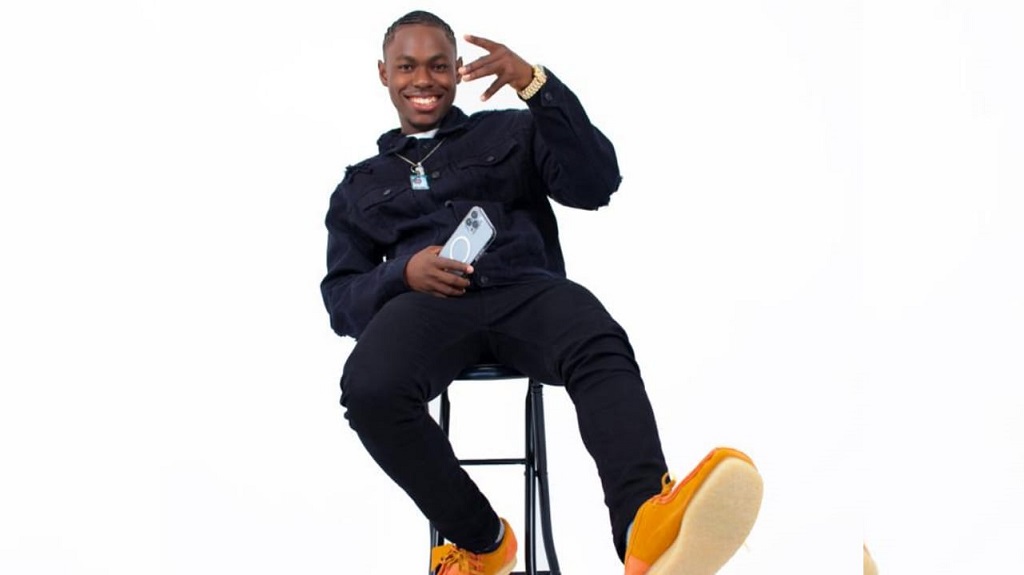Veteran deejay, Tiger—–
By Curtis Campbell—
There was once a time in Jamaican music when originality and authenticity were key elements that defined the standard used to measure ‘good music’ and a ‘great artist’. Those who created a style or sound for themselves, were glorified for their efforts, while imitators were oftentimes ignored or not taken seriously by fans.
Several recording artists who have found themselves in the latter, have failed to have a lasting, if any impact at all, because of the imposter label ascribed to them, many seeking to re-brand themselves in light of their fading reality.
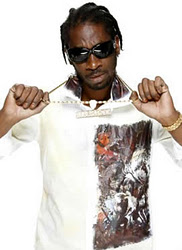
Bounty Killer
Dancehall artist Merciless was largely criticised by fans in the early 90s when arch-rival Bounty Killer accused the Clarendon-born artiste of copying his style. Through the years, Merciless denied in several songs and interviews that he tried to sound like Bounty Killer. However, his conflict with the Killer, perhaps did more harm than good, as Killer’s loyal fanbase, supported his sentiments in Mr Wanna Be, in which he classified the artist as an imposter.
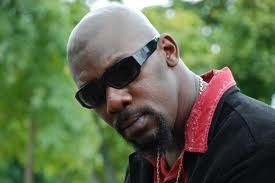
Merciless
Hitlist
Recording artists Bounty Filla and Hitlist suffered a similar fate, the latter forced to change his name to Ganggoolie and reinvent himself, in order to be accepted in the music industry under a new guise.
Reggae artist Bascom X was also accused by Sizzla Kalonji’s supporters who claimed that he was impersonating the reggae icon, while incarcerated dancehall artist Zebra, despite his relative success in the late 90s, was always seen as a shadow of veteran deejay Tiger. He too rejected the notion that he was deliberately trying to sound like the Come Back to Me singer.
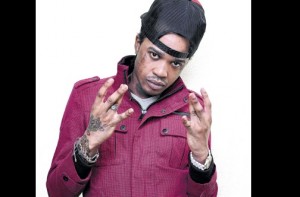
Tommy Lee Sparta
Fast forward to 2014, and fans seem to be less judgmental, as recording artists like Gage and Alkaline, despite their obvious similarities to Tommy Lee Sparta and Vybz Kartel, still manage to wield a strong influence over dancehall fans.
One theory for the now general acceptance of ‘copy cats’, according to director/curator of the Jamaica Music Museum, Herbie Miller, is because standards have fallen.
celebrating mediocrity
“We celebrate that which is substandard or mediocre because we really don’t know what is quality anymore. We can’t even blame the fans alone, but also the education system, because culture is not taught in schools, so the youths don’t have any level to aspire to. Artists were valued based on what they could contribute, based on styles, variety and diversity, but I don’t think that the cultural appreciation that was held by the older generation is even desired by the new generation,” he said.
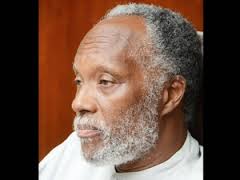
Herbie Miller
Miller says he views the ability to copy art, as a level of creativity, because the practice requires a certain set of skills. However, true art, should reflect some amount of ‘self’ and originality.
“An identity is important to a creative artist. It is like you are a painter, but you don’t know how to paint your own images. If you don’t have an identity, then when do you become yourself? Your originality and your authority will always be questioned,” Miller added.
real fans
Grammy award winning artist, Moses ‘Beenie Man’ Davis, also shared his opinion with The Gleaner. He too pointed fingers at the new generation of fans, saying the authenticity of music as an artform is no longer their concern.

Beenie Man
“I don’t think music has real fans anymore, and when I say real fans, I mean having respect for authenticity. The kids ought to realise that by copying somebody you cannot last with it, you have to be original. Why would you even try to change your looks to resemble a next man? Back in the day, if a man try dat it cyah work, bottle fling at show,” he said alluding to Gage’s recent admission that he bleached his skin to resemble his mentor Vybz Kartel.
Ganggoolie who struggled to make it in the late 90s because of the ‘copy cat’ label, confessed to The Gleaner, “It took me a long time to find my own sound and I decided to change my name along with it to shed that image that was perceived of me.”
The artist says he is now content, knowing that he has found his own sound, and advises up-and-coming acts to dedicate some of their time to finding their own identity.








